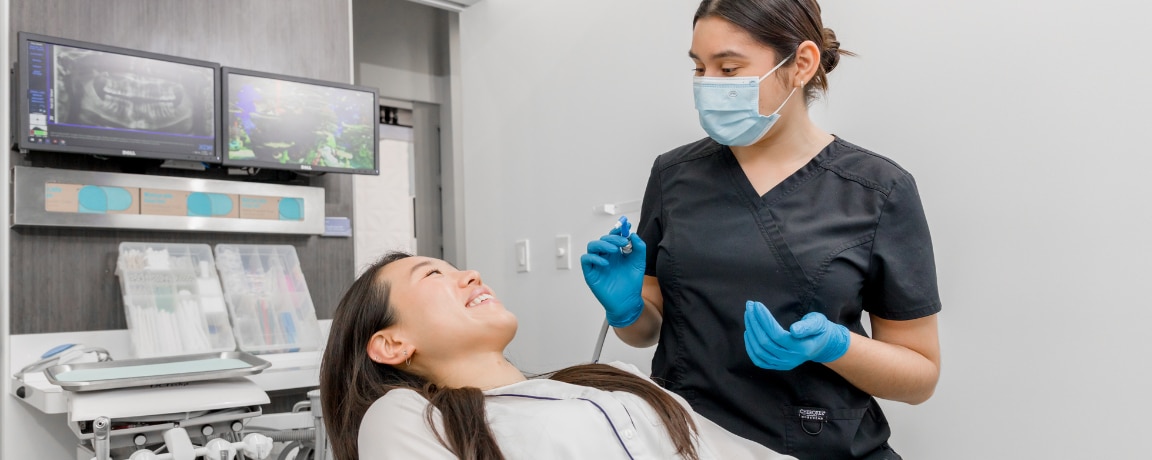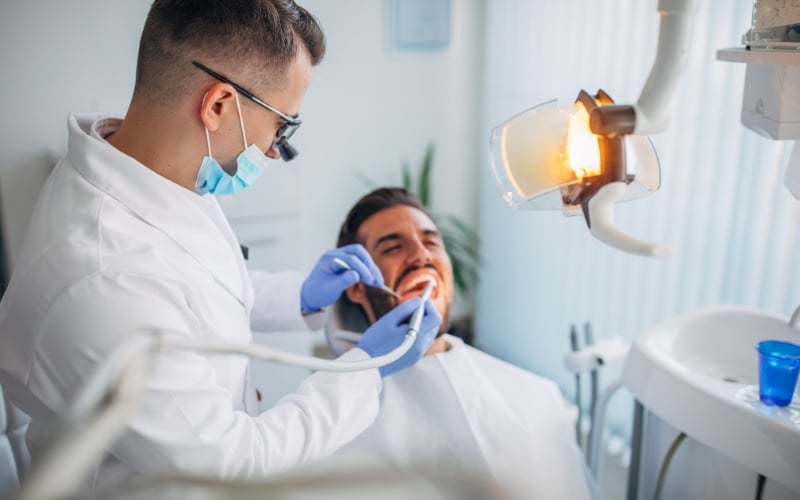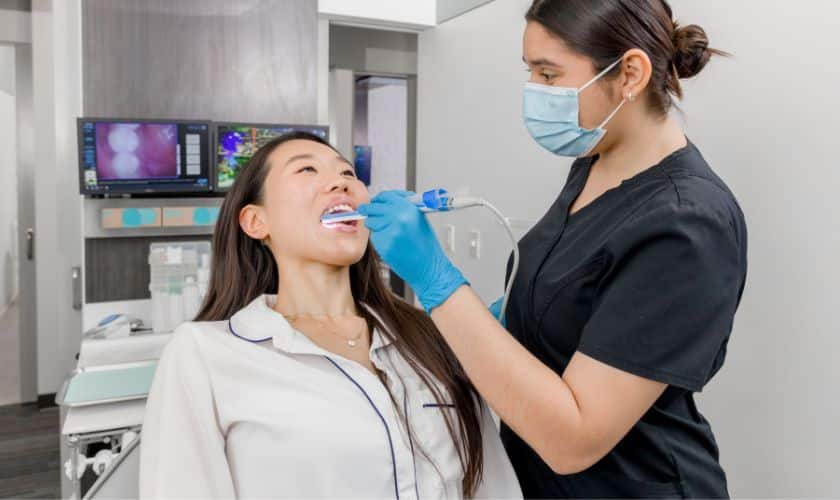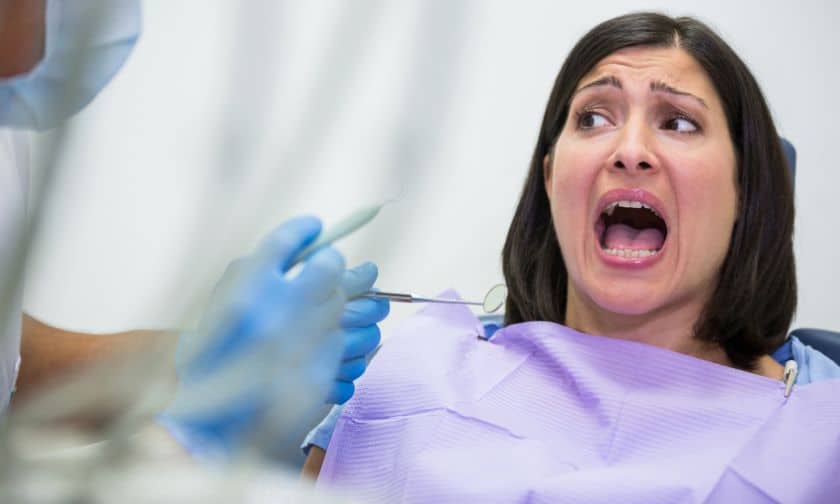Pearl Dental Blog

Don’t Let a Dental Emergency Derail Your Day: A Detailed Guide
Dental emergencies can happen at any time, and they can be very disruptive to your day. A chipped tooth, a loose filling, or a toothache can make it difficult to eat, talk, or even sleep. In some cases, dental emergencies can even be a sign of a more serious underlying problem.
What is a Dental Emergency?
A dental emergency can happen anytime and for any reason, so being prepared is important. Here are some proactive steps you can take to help prevent a dental emergency from derailing your day:
1. Know the signs and symptoms of a dental emergency. If you notice any of the following signs and symptoms, please call your dentist immediately: extreme pain, swelling or redness in the mouth, difficulty breathing, changes in consciousness, or blood pressure fluctuations.
2. Have an emergency kit ready. Ensure you have an adequate supply of medications and tools needed to treat a dental emergency in case something goes wrong. Include painkillers, gauze pads, ibuprofen, adhesive bandages, and an oral thermometer as Dental Emergencies can be treated at home to an extent but visiting a dentist at the earliest is advisable.
3. Be aware of warning signs. If you experience any of the following warning signs during a dental procedure or anytime else around your teeth, be sure to contact your dentist immediately: unexpected bleeding, severe headache, sudden change in vision or speech, chest pain, or shortness of breath.
4. Communicate with your dentist about emergencies. Tell them if anything unusual happens during a dental appointment or if you experience any sudden symptoms after visiting their office. It will help them plan for potential emergencies and ensure that all patients are cared for as quickly and efficiently as possible.
Causes of Dental Emergencies
There are several potential causes of dental emergencies, ranging from toothache to a more serious issue, such as a broken tooth. To prevent these emergencies from happening in the first place, it is important to be aware of the signs and symptoms that might indicate that something is wrong. If you ever experience any of these indications, it is important to get emergency dental care as soon as possible.
- Toothache: The most common cause of a dental emergency, a toothache can often be described as an intense pain in one or more teeth. It can occur at any time but is typically more frequent in the morning and evening. If you experience ongoing pain or swelling in one or more teeth, it is important to see your dentist as soon as possible for an evaluation.
- Broken Tooth: A broken tooth can be a very frightening and painful experience. Suppose you notice any of the following signs and symptoms. In that case, it is important to get emergency dental care immediately: severe pain when chewing or biting on the affected side, blood coming from the mouth or broken tooth, difficulty talking or swallowing due to pain, change in the appearance of the affected tooth (such as becoming discoloured or fractured), or unusual noises coming from the mouth.
What to Do in a Dental Emergency
If you find yourself in a dental emergency, do not panic. Instead, here are some proactive steps to take to help ensure a smooth emergency:
1. Make an appointment as soon as possible. Even if you feel fine, getting checked out by a doctor or dentist as soon as possible is important to rule out any serious underlying issues.
2. Bring copies of all your dental health information, including current medications and scans. It will help ease the process of getting treated and will also help prevent future problems from happening.
3. Educate yourself about dental emergencies and their potential complications. If you know what to expect, you can better prepare yourself for what might happen during treatment.
4. Communicate with family and friends who can provide support during your emergency. Let them know what is happening so they don’t worry unnecessarily and can focus on helping you through your crisis instead!
How to Prepare for a Dental Emergency
If you’re like most people, you probably have a few dental emergencies tucked away in your mental “emergency kit.” But what if something unexpected and serious happened? What would you do?
Here are some proactive steps to take if you find yourself in a dental emergency:
1. Make an appointment with your dentist as soon as possible. If something is wrong and it’s not urgent, waiting can cause more damage.
2. Educate yourself about the different types of dental emergencies. You don’t want to panic if you can avoid it.
3. Have all necessary supplies, including ibuprofen, antibiotics, pain medication, and mouthwash.
4. Know how to handle breathing problems caused by dental work or an infection. If you start feeling lightheaded or short of breath, tell your dentist immediately.
5. Keep a close eye on your oral health condition, even if everything seems okay at first glance. For example, a toothache that doesn’t go away may indicate an underlying issue, such as decay or gum disease, that needs to be addressed before it worsens.
Many things can go wrong during a dental emergency, but by being proactive and taking the necessary precautions, you can minimize the chances of something going wrong. In addition, by following these simple steps, you will be better equipped to deal with any dental emergencies and ensure that a dental emergency does not derail your day.





